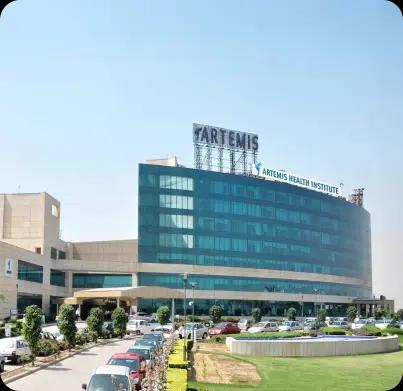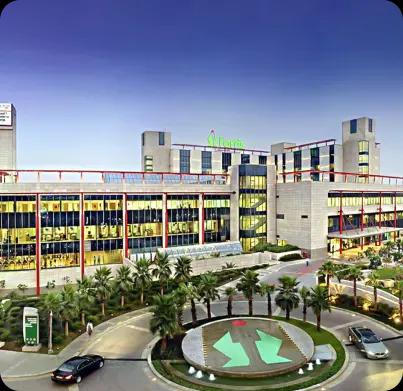
Liver Transplantation
A liver transplant is a surgery that removes a liver that no longer functions properly (liver failure) and replaces it with a healthy liver from a deceased donor or a portion of a healthy liver from a living donor.
A liver transplant is a surgery that removes a liver that no longer functions properly (liver failure) and replaces it with a healthy liver from a deceased donor or a portion of a healthy liver from a living donor.
Symptoms Of Liver Transplantation
Symptoms
Types of conditions
There are five main types of Liver Transplantation
Deceased Donor Liver Transplant (DDLT)
Living Donor Liver Transplant (LDLT)
Split Liver Transplantation
Auxiliary Liver Transplantation
Domino Liver Transplantation
Deceased Donor Liver Transplant (DDLT)
Your journey to good health begins here

Accredited Hospitals
Nationally accredited hospitals for high-quality care

Multi-language Support
Convey your needs in the language you're most comfortable in

Travel Booking Assistance
Seamless booking assistance for your healthcare journey

Plan your healthcare journey with Karetrip!
India’s Best Hospitals are Partnered With Karetrip
Access World-Class facilities from top Hospitals across India
Consult with India’s most experienced doctors
Experience premium care from India’s leading specialists
Cost Estimation
Learn about the expenses involved in the procedure and what factors affect them.

The average cost of the Liver Transplantation in India is around ₹ 10 lakh to ₹ 40 lakh.

₹ 40 lakh
High Cost
₹ 30 lakh
Average Cost
₹ 10 lakh
Low Cost
The LIST of AVERAGE COST of the Liver Transplantation across TOP 4 cities in India in Indian Rupee (INR) is as follows :
City
Lowest Cost
Average Cost
Highest Cost
Delhi
₹ 10 lakh
₹ 18 lakh
₹ 25 lakh
Mumbai
₹ 10 lakh
₹ 25 lakh
₹ 40 lakh
Chennai
₹ 14 lakh
₹ 20 lakh
₹ 29 lakh
Kolkata
₹ 15 lakh
₹ 25 lakh
₹ 35 lakh
Commonly Asked Questions
How long can a liver transplant patient live?
What is the age limit for liver donation?
Can a son donate a liver to his father?
Can a smoker be a living liver donor?
Can liver be cured without transplant?

Do you still have a query?


"I had a successful surgery at Fortis Escorts Hospital, and it was all thanks to Karetrip's help in finding the right hospital for me. The entire process was smooth and stress-free, with Karetrip handling all the arrangements and answering any questions I had. The medical team at the hospital was outstanding, and the facilities were top-notch. I highly recommend Karetrip to anyone looking for a tension-free healthcare experience."
Read MoreFatima
Chattogram


"Thanks to Karetrip, I got connected with MAX Hospital in New Delhi. The team guided me through every step – from finding the right doctor to handling travel and visas. They made a daunting process feel like a breeze. The care I received at MAX Hospital was outstanding, and I can't thank Karetrip enough for making it possible. They truly put patients first and go the extra mile to ensure a smooth healthcare journey. I'm grateful beyond words!"
Read MoreHasan
Dhaka


"At first, I was unsure about having a medical procedure done in a foreign country. However, Karetrip's team at Indraprastha Apollo Hospital made me feel much better. The hospital was very clean, modern, and had everything they needed to help me. The staff were very kind and did everything they could to make me feel comfortable. I'm really happy with how my treatment turned out, and I appreciate Karetrip for making it easy and stress-free."
Read MoreImran
Sylhet
 Google Reviews4.9/5
Google Reviews4.9/5




I had a successful surgery at Fortis Escorts Hospital, and it was all thanks to Karetrip's help in finding the right hospital for me. The entire process was smooth and stress-free, with Karetrip handling all the arrangements and answering any questions I had. The medical team at the hospital was outstanding, and the facilities were top-notch. I highly recommend Karetrip to anyone looking for a tension-free healthcare experience.
Fatima
Chattogram
 Google Reviews4.9/5
Google Reviews4.9/5



























